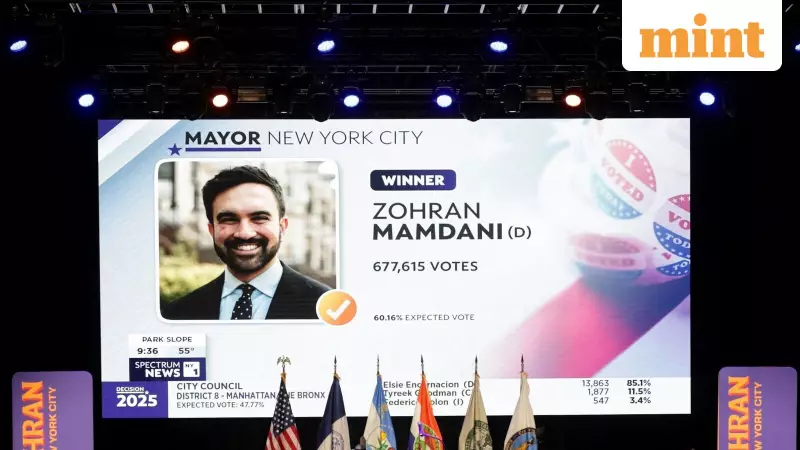
In a dramatic turn of events that has sent shockwaves through American politics, Maya Mamdani has emerged victorious over former Governor Andrew Cuomo in the race for New York City mayor. The election results signal a major shift in the political dynamics of America's largest city.
A Political Earthquake in the Big Apple
The mayoral contest, which captivated political observers nationwide, saw Mamdani secure a decisive victory over the once-favored Cuomo. This outcome represents one of the most significant political upsets in recent New York City history, challenging conventional wisdom about the city's electoral preferences.
What Led to Mamdani's Surprise Victory?
Several factors contributed to this unexpected outcome:
- Progressive momentum: Mamdani's campaign successfully tapped into the city's growing progressive movement
- Fresh perspective: Voters appeared eager for new leadership unconnected to established political machines
- Strategic campaigning: Mamdani's ground game and digital outreach proved remarkably effective
- Changing demographics: The city's evolving population dynamics played a crucial role
What This Means for New York City
Mamdani's victory heralds a new era for New York City governance. Her win suggests that voters are seeking:
- Bold approaches to urban challenges including housing and transportation
- Progressive reforms in policing and social services
- Fresh leadership untainted by previous political scandals
- Greater representation and diversity in city leadership
The Road Ahead
As mayor-elect, Mamdani faces the daunting task of governing a city still recovering from the pandemic while implementing her ambitious agenda. The transition period will be closely watched as she assembles her administration and begins to outline her policy priorities.
The political landscape of New York City has been fundamentally altered, and the implications of this election will likely resonate far beyond the five boroughs.





